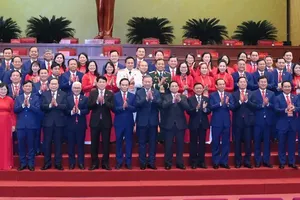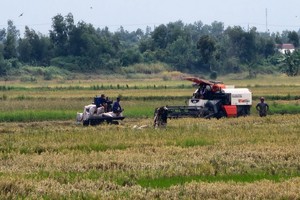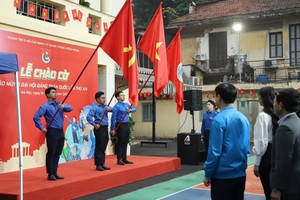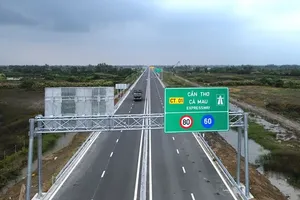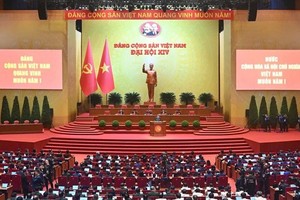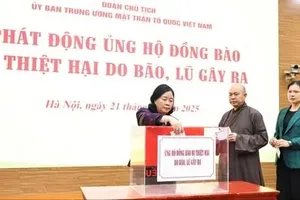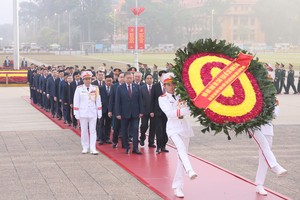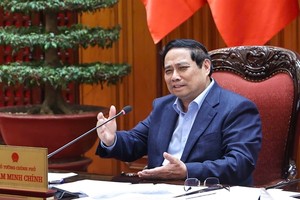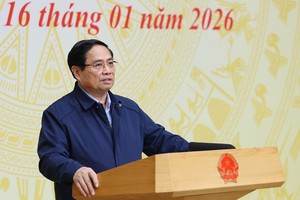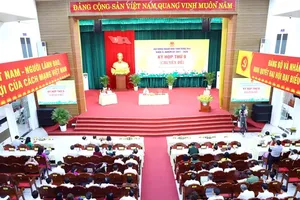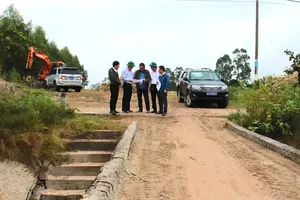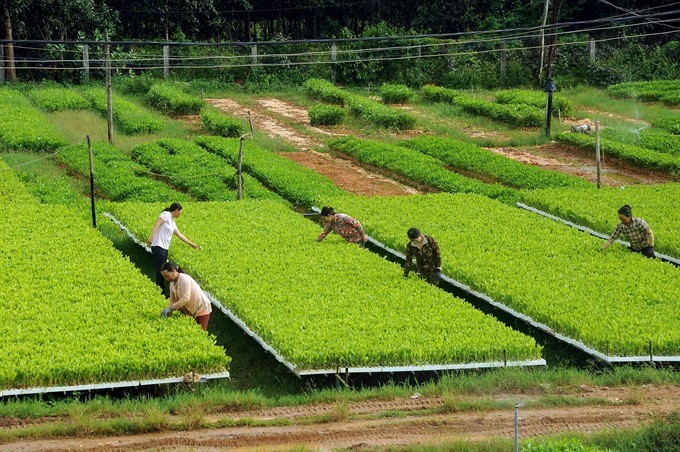
This aims to address difficulties faced by aquaculture investors to raise funds for their operations, National Assembly deputies said yesterday.
The National Assembly Committee on Science, Technology and Environment held the 6th plenary meeting to review and discuss amendments to the revised laws on Fisheries and Forest Protection and Development.
Committee members said regulations on lending water surface areas for aquacultural production should be reviewed to make sure they are in line with existing land and sea laws.
The committee’s standing sub-committee said it has co-operated with the Ministry of Agriculture and Rural Development in drafting amendments to the Fisheries Law, ensuring that leasing sea surface areas for aquaculture will follow land laws, but maintain the lending term at 30 years.
Deputy Nguyen Bac Viet of Ninh Thuan Province said that after many revisions, the law remains focused on sea surface areas, while leasing out surface areas in other water bodies like lakes, rivers and ponds for aquaculture have not received due attention.
Viet suggested that the draft law dedicates a separate section for regulations on allocating, leasing, and reclaiming such water surface areas for aquaculture.
Discussing the recognition of property rights when using leased sea surface areas, the deputies said this was not a new concept. However, reality, the decision to lease sea surface areas doesn’t confer legality for mortgage, capital contribution, or transferring rights, so investors face a lot of difficulties in mobilising capitals for production.
The draft law takes notice of this issue and provides for properties rights on leased sea surface areas so that the lessee can access credit, they said.
Forest ownership
In reviewing amendments t the revised Forest Law, the NA committee said the draft amendments have incorporated previous feedback and made adjustments to provisions on the scope and the name of the law, forest owners and ownership, forestry planning, forest allocation and leasing, among other issues.
On the issue of different categories of forest owners, Phung Duc Tien, the committee’s deputy head, voiced his objection against suggestions that “artels,” household groups and overseas Vietnamese should be added in the draft law.
An artel is a co-operative economic entity that has at least three members with equal business rights, needs and propositions working together to produce goods and services based on a contract with their local government. They are often based in rural areas, sharing the work and spoils of rice fields.
Tien said that the legal responsibilities of artels or households groups have not been provided for clearly in existing laws like the Co-operatives Law, Civil Law, Criminal Law, or Land Laws, so these categories cannot be included.
The current Law on Forest Protection and Development and the Law on Land both allow overseas Vietnamese to be forest owners. However, because only 2.7 million hectares of land remain in the national forest fund, residents whose demand for local production, stable livelihood and accommodation remain significant will be given priority.
Overseas Vietnamese who want to invest in forestry can still partner with local forest owners to do their businesses, so at the moment, the standing sub-committee feels they cannot be included among forest owners in the draft law.
The committee will also hear the Ministry of Science and Technology’s report on progress made in tasks set for the year, and discuss budget plans and tasks for 2018.
